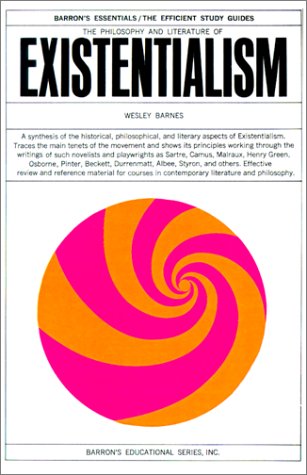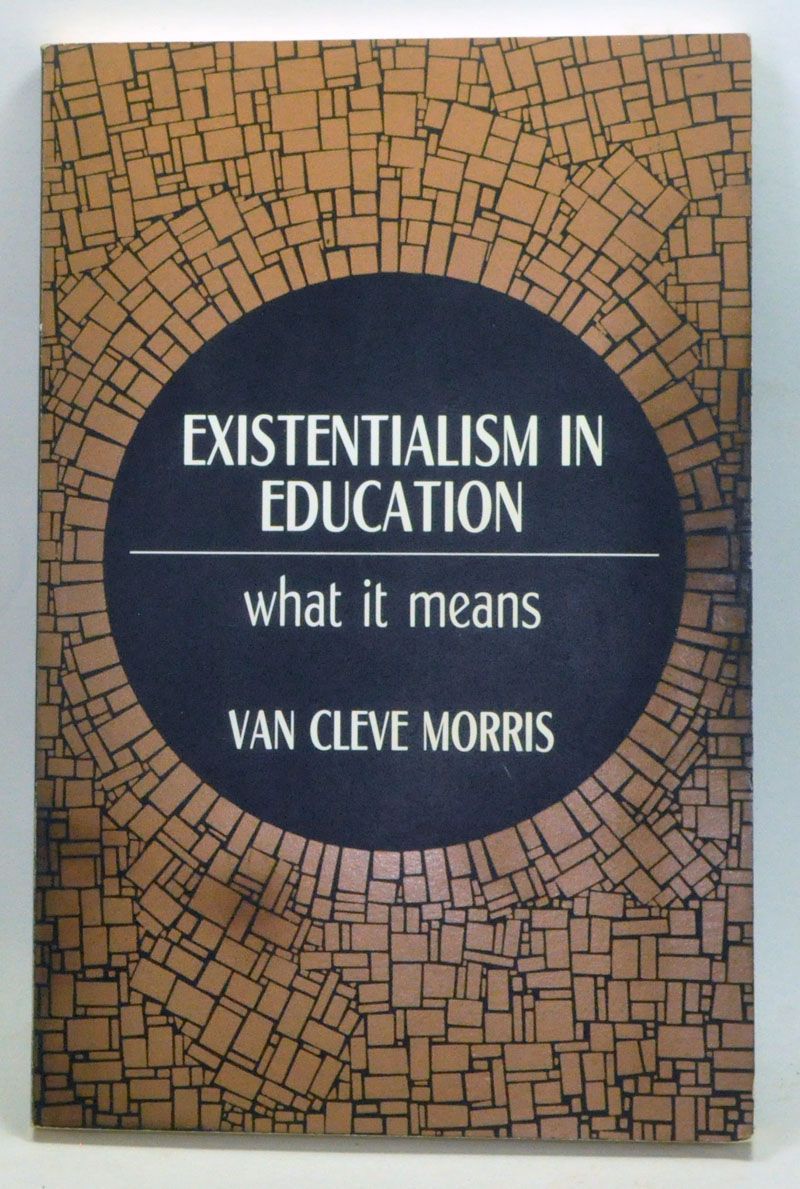



You can’t have your cake and eat it too.” The latter comes across often when discussing ideas she finds unscientific: “if you want consciousness to be physical ‘stuff,’ then you’ll have to explain how its physics works. This requires her to introduce the main ideas of many of modern physics’ fundamental theories, which are delivered with the necessary rigor but are never dry, never lacking Hossenfelder’s characteristic humor. For each of her chapters’ leading questions, she draws a clear demarcation between the two. Hossenfelder is forthright about being “both agnostic and a heathen” but tolerant of other beliefs, provided “your search for meaning respects scientific fact.” Helping the reader discern established science from belief is her principal objective in Existential Physics. With titles like “Are you just a bag of atoms?” “Has physics ruled out free will?” and “Was the universe made for us?” the chapters aim to lay out how far physics narrows down the possible answers to these questions. Each chapter targets one of nine questions that, not accidentally, resemble the type of questions Hossenfelder engages with on her blog and YouTube channel. It seems more inspired by her work as a public intellectual than born out of discussions taking place between different schools of scientific thought, as her first book arguably was. Yet Existential Physics goes beyond simply criticizing a certain fraction of the scientific community. Little did I know then that this somewhat introverted postdoc would rise to become one of fundamental physics’ most prominent communicators as well as one of its starkest critics. In her 2018 book Lost in Math, German physicist Sabine Hossenfelder criticized researchers in the foundations of physics for their “use of unscientific methods.” In her new book, Existential Physics, she now points out that “some of the research they pursue isn’t scientific to begin with.” I briefly met Hossenfelder at a conference in Mexico about fifteen years ago. Probably few of us, however, would think of faulting scientists. Each one of us might cast blame for this failure differently-be it on the far right or left, be it on mainstream or social media. If anything, the past decade has scattered any hope that the twentieth century’s stellar rise of modern science imbued us with a lasting, mutual understanding of how we agree on truth.

“TRUTH” AND HOW we find it has never been an easy topic.


 0 kommentar(er)
0 kommentar(er)
